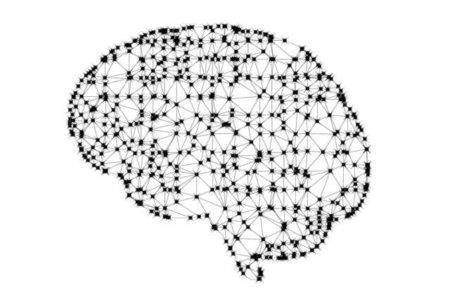Mild Brain Injury and Neuropsychological Assessment
Over the past decade I have been using the knowledge and skills shaped in my training and clinical experience in psychology services, to assist the court in making decisions of how to support those with brain injuries. This brief article explains my role as a neuropsychologist in providing neuropsychological assessment in cases of brain injury.
As an expert witness, a neuropsychologist is typically instructed to ascertain the cognitive and emotional sequelae of the recipient of a brain injury. There is a breadth of cases seen by a neuropsychologist, ranging in diagnosis, severity and individual circumstances. However, a typical case might entail a client whom has been involved in a road traffic collision. A common scenario is where the client has sustained a mild traumatic brain injury (mTBI).
In mTBI there is an excessive deceleration force injury or an injury from a blow, resulting in a lessening or loss of consciousness. Consider the forces at work in a road traffic collision or similar. The brain is similar to the consistency of semi-set porridge. It sits in fluid within the skull, and under excessive deceleration it can ricochet around the inside of the skull, scrapping up against the bony orbits of the eye sockets. Following an mTBI, often brain scans appear ‘normal’ (under the scanning equipment available within healthcare services), posing some difficulty in demonstrating injury in a legal context. However, neuropsychologists have long been able to identify dysfunction and demonstrate that mTBI can have a range of disabling cognitive and emotional sequelae.
Objectively speaking, the more severe a brain injury, the more severe the physical and cognitive disability, however, interestingly in severe cases of brain injury, often there are clear indications of physical disability and often there is a loss of client insight and awareness, which then acts as a type of protective factor. Clients who have sustained mTBI on the other hand, tend to ‘look normal-feel different’ and will often suffer so called ‘high-order’ cerebral functions of the brain.
Common symptoms of mTBI include: Forgetfulness, concentration, emotionality, changes in personality, difficulty reading others intentions/emotions, difficulties generating ideas, planning, judgement, inhibition of thoughts, difficulties processing information quickly and difficulties multi-tasking. In addition to this they will rush back to their normal routine too soon in an attempt to ‘get back to normal as soon as is possible’. Often this causes emotional and physical overload and difficulties in relationships at work or home, sometimes resulting in dismissal and divorce, for example.
A neuropsychologist is experienced and trained to capture the severity of dysfunction statistically with regard to where a person now rates compared to before the brain injury and to those of their own age range who are otherwise cognitively healthy. Neuropsychologists are also the true specialists at covert measures of identifying effort, in order to make sure results are reliable and that symptoms are genuine and accurate. A neuropsychologist is also experienced and trained to capture the impact upon a person’s quality of life and day-to-day function, bringing a sense of what life is now like for the client, and their family, to the legal process.
Often clients become low in mood or anxious from the enforced changes and losses. In addition to this we know one of the key functions of the healthy brain is mood regulation and sometimes this can also be disrupted in mTBI, often leading to excessive tearfulness without a trigger. Sometimes clients who have sustained mTBI are psychologically traumatised by an accident or from their time being unwell in hospital, leaving psychological scars that can persist as flashbacks, being jumpy/easily startled and avoiding reminders of the incident, for example.
In addition to giving expert opinion with regard to cognitive and emotional diagnosis and prognosis, a neuropsychologist is also experienced and trained in advising upon the need for other experts and in recommending evidence based specific psychological therapies, neuropsychological rehabilitation supports and strategies. The makes the role continually challenging and rewarding.
Some of the ideas and concepts are developed from an earlier published article: Moore, P.S. (2014) Post Concussion Syndrome and the Role of the Clinical Psychologist. Clinical Psychology, 257, 35-39.
Dr Phil S. Moore HCPC Clinical Psychologist in Neuropsychology BSc Psychology/Criminology PgCert Mental Health ClinPsyD Clinical Psychology PgDip Clinical Neuropsychology
View the profile of Psychology Expert Dr Phil S. Moore here.

